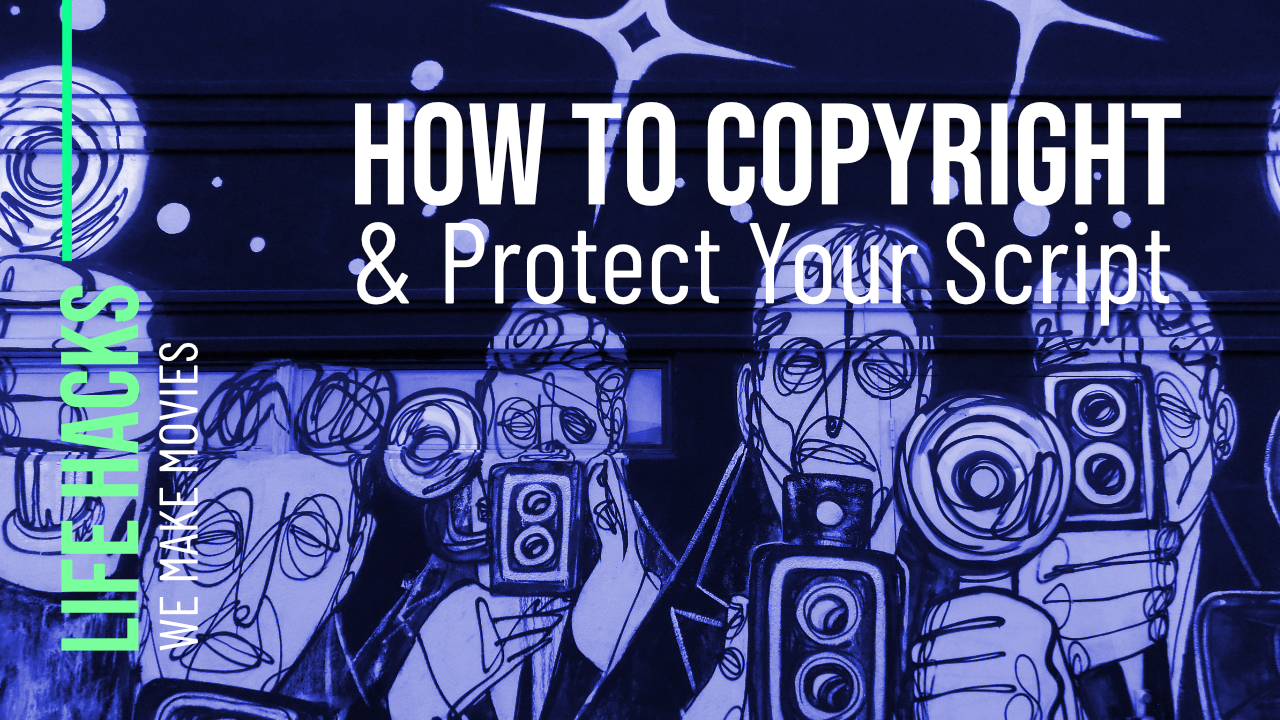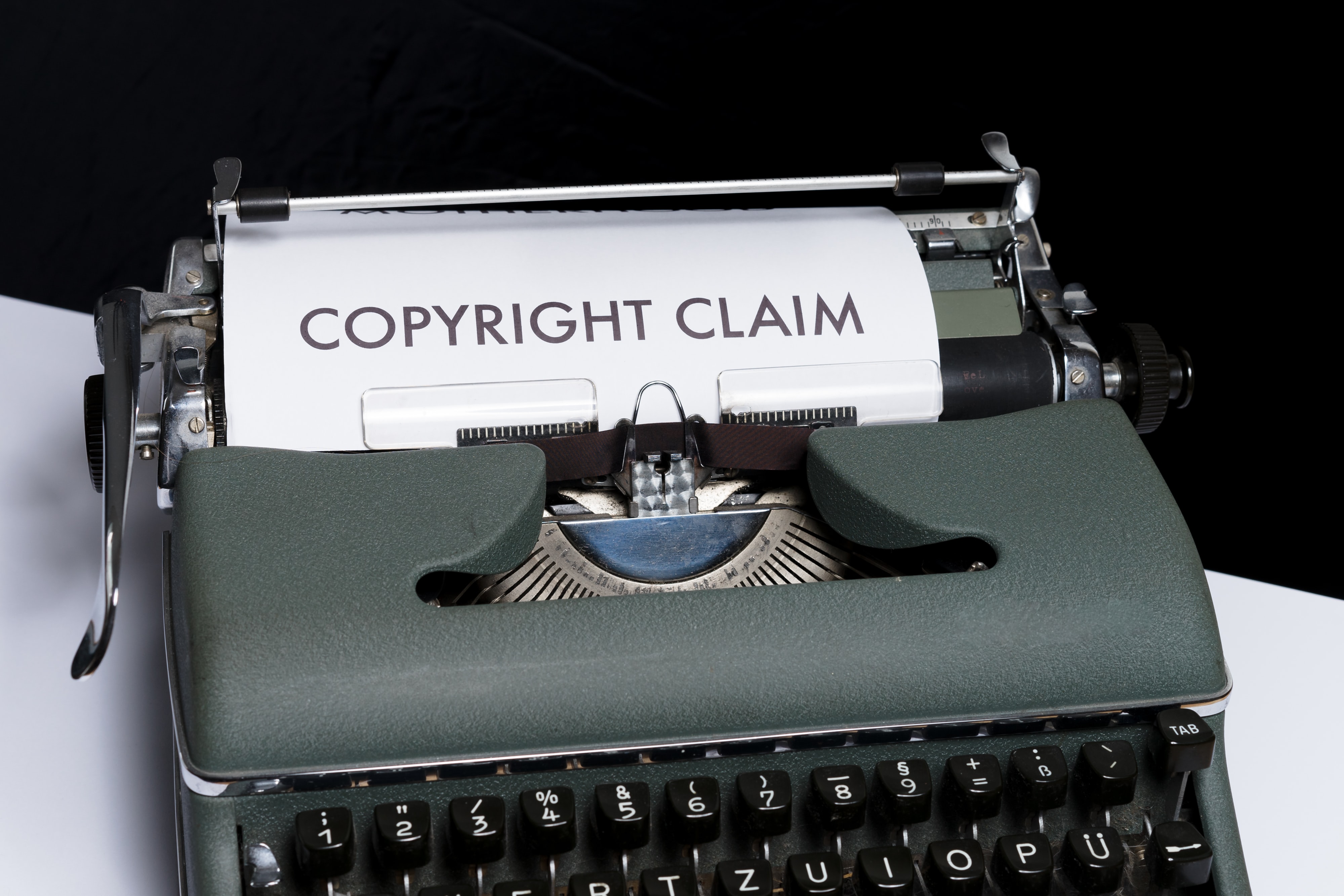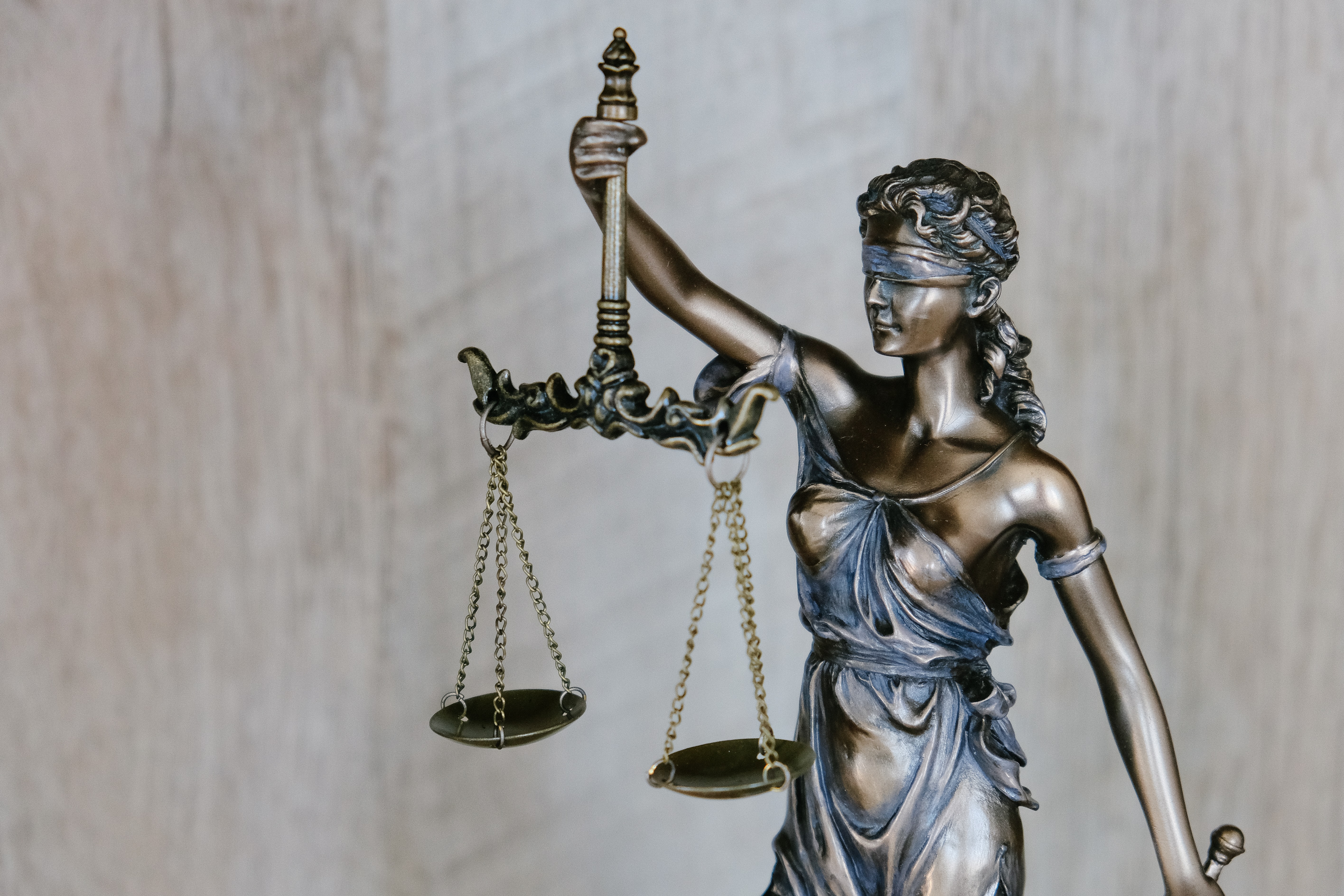How To Copyright & Protect Your Script

We Make Movies has provided venues and platforms for independent filmmakers of all ilks to share their work in a safe, constructive, positive environment. All of the labs in our lab pipeline provide opportunities for artists to bring in their work (at whatever stage they are in) with the hopes that our audience of creatives will share feedback for how to improve and optimize the project. Our Writers Lab allows writers to bring in fresh pages (from portions of their scripts) for actors to stage read so the writers can hear their ideas, dialogue, and craftsmanship come to life, but this means that there is a room full of others who are also privy to these new ideas, dialogue, and craftsmanship as well. So how can writers protect their intellectual property and safeguard their originality? What constitutes a script or screenplay? What is copyright and why do writers need it? We explain it all below!
A script is a written blueprint of a play, show, or movie. A screenplay is limited to television programs and films. The differences are inconsequential in terms of copyrighting, as both adhere to the same rules and processes which certify that no one can copy someone else's work or make changes to it without getting permission and / or compensating the originator (author). Federal copyright registration forms require authorship of a creative work to be represented accurately.
A form of intellectual property law, copyright is a legal document that protects your proprietary ideas, like scripts and screenplays, from being plagiarized or pirated. A copyright protects original works of authorship including literary, dramatic, musical, and artistic works, such as poetry, novels, movies, songs, computer software, and architecture. Copyright does not protect facts, ideas, systems, or methods of operation. To sum this up, copyright does not protect ideas, but does protect the expression of ideas. This includes but is not limited to, characters in a script or screenplay, as well as treatments.
What Does This Mean For Writers Submitting To Our Writers Lab?
Simply put, WMM does not own any of the work or IP submitted to any of our labs. We believe that sharing your ideas with fellow filmmakers in our labs will only serve to strengthen your stories and help develop them into investable projects. However, we understand some artists might be hesitant to share original works to various organizations without the confidence of establishing a chain of title. For peace of mind, one can register their work with the
US Copyright Office (USCO) or the
WGA but WGA registration is more of a formality that doesn’t afford a ton of protection in court. It puts a stamp on the script saying, “I know the industry standard,” whereas the USCO registration provides the tools and proof needed to keep intellectual property truly secure.
How the US Copyright Office Works
The USCO registration allows one to contest ownership, receive statutory damages (when filed prior to a lawsuit), and is proof of ownership by date within five years of publication. In short, it holds up in court in an infringement case. As a bonus, the duration of the copyright is much longer than WGA registration, lasting for the life of the author plus an additional 70 years. Also important to note, the USCO grants owners of registered literary works the right to reproduce the copyrighted work, make derivative works (such as prequels, sequels, plays, web series, etc.), distribute copies of the work (through sale, assignment and licensing arrangements), as well as publicly perform or display the copyrighted work. The fee to register a claim to copyright electronically is $45 if the work is by a single author, the copyright claimant is the same as the author, the work was not created as a work for hire, and the claim is for one work. If any one of those qualifications are not satisfied, and / or there are two authors, the fee for registering electronically is $65. Paper filings are permitted, but the fee is $125.
Registering with the WGA requires no membership with the guild, costs $20, and lasts for five years. One can register at either
WGA West (if based west of the Mississippi) or
WGA East (East of Mississippi), although it’s completely acceptable to register a piece with WGA West no matter where one is located (even international writers can register with WGA West). The process to register through WGA West is easier than East so most writers choose to register at that branch, and
WGAW also accepts stageplays, novels, books, short stories, poems, commercials, lyrics, drawings, music, and various media work such as web series, code, and other digital content. The registration process places preventative measures against plagiarism or unauthorized use of an author's material. While someone else may have the same storyline or idea in their material, the evidence lies in one's presentation of the work. Registering one's work does not disallow others from having a similar storyline or theme. Rather, registering one's work would potentially discourage others from using the work without permission.
Lastly, to dispel a common myth, don't bother mailing an unopened copy of a script to yourself (AKA the “poor man’s” copyright) as there’s no provision in copyright law around that protection. In fact, anything one creates is automatically copyrighted without doing anything. However, to bring fines and / or use the full protection of copyright law, one needs to register it with the copyright office.
Now that you're equipped with all the info, submit a portion of that script or screenplay you've been working on to any one of our WMM chapters (respectively in Los Angeles, San Francisco, New York City, Florida, or across the pond in the United Kingdom). Let us help you make the movie that YOU want to see.
Written by Sapna Gandhi
Sapna Gandhi is an actor, singer-songwriter, and content creator. In addition to TV credits such as BOSCH, SHAMELESS and SCANDAL, she has appeared in numerous shorts, features, and series, including festival darlings IN ABSENTIA (Raindance) and THUMPER (Tribeca). Gandhi has produced several series and films under the umbrella of her production company Elegant Grotesque (most recently SCRAP, starring Anthony Rapp and Vivian Kerr, and Noel Gallagher’s High Flying Birds’ STRANDED ON THE EARTH, directed by Mike Bruce). She is also 1/2 of the musical duo, VATAVARAN, was born in England, raised all over the states, studied English and Women’s Studies, and trained at the American Conservatory Theatre in SF.




